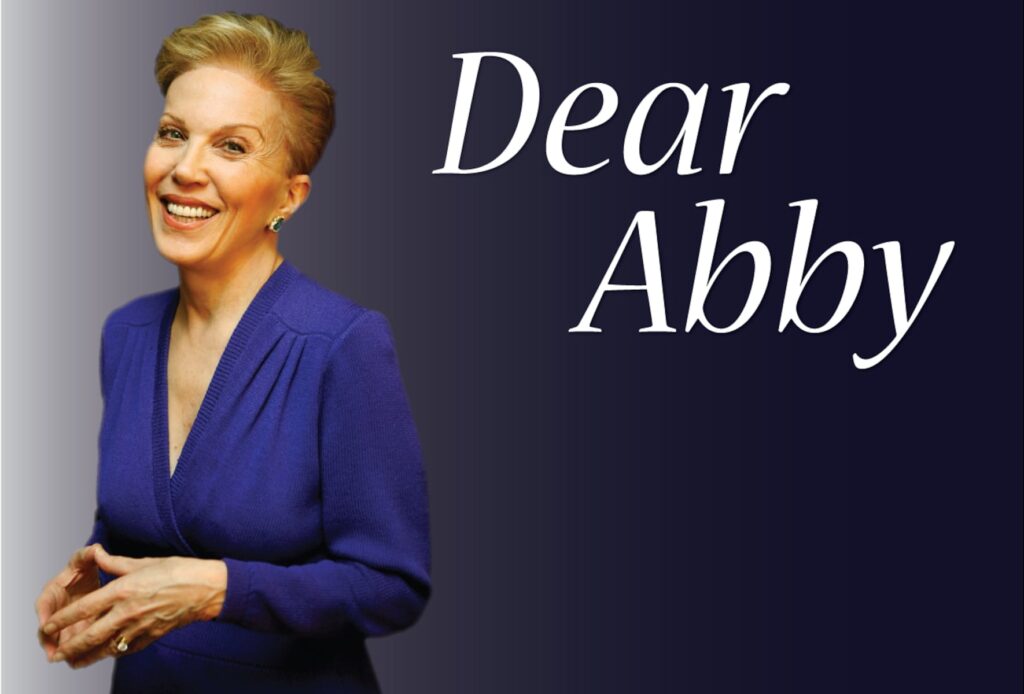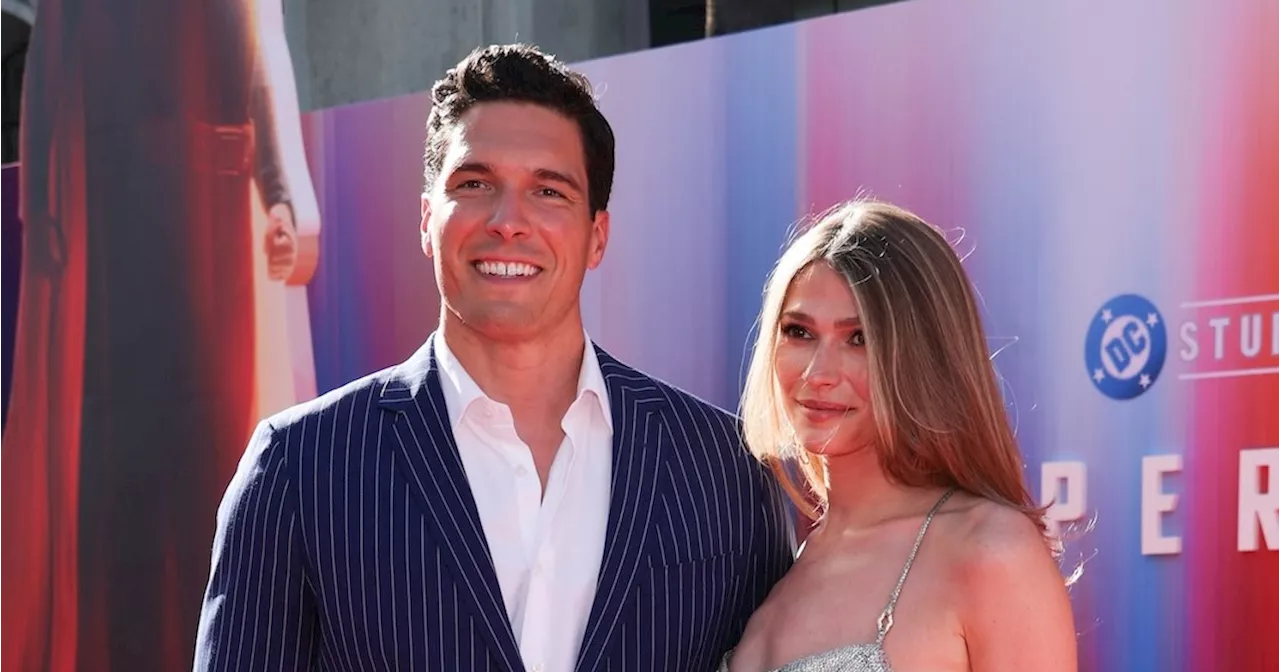
A woman from Florida faces a complex emotional situation as her ex-husband seeks to re-enter her life after a tumultuous past marked by gambling and a lack of support during her battle with breast cancer. After 36 years of marriage, the couple divorced three years ago, largely due to his gambling issues and controlling behavior.
During their time together, the woman financed their lives while her ex-husband contributed little financially, providing only $500 a month after their separation. Their son, now 33 years old, has a strained relationship with his father and refuses to communicate with him. This family dynamic adds another layer of complexity to the woman’s current predicament.
Two years ago, she was diagnosed with breast cancer. During her treatment, her ex-husband’s behavior became particularly harsh. Following a difficult first round of chemotherapy, she asked him to leave their home. For nearly a year, they had no contact until a chance encounter in a store. Seeing her in a vulnerable state—bald and having gained weight—brought him to tears, and since then, they have resumed talking.
Despite his desire to rekindle their relationship, the woman is hesitant. Her son believes his father merely seeks a safe haven, and he strongly opposes the idea of reconciliation. The woman finds herself torn between her past experiences and the possibility of a renewed relationship, while also grappling with the gossip that may arise in their shared hometown.
In her letter to advice columnist Abigail Van Buren, known as Dear Abby, she expressed confusion about her ex-husband’s motivations and her own feelings. Abby’s response emphasized the importance of self-preservation. She reminded the woman of the reasons for their divorce: the controlling behavior, the gambling, and the lack of support during a critical time in her life.
Abby advised the woman to prioritize her well-being and to heed her son’s concerns. Moving forward, she suggested that instead of dwelling on the opinions of others, the woman should focus on nurturing relationships that are mutually supportive and beneficial.
Ultimately, the decision remains with the woman, but she must consider the lessons learned from her past as she contemplates a future that could either repeat old patterns or lead to new beginnings.







